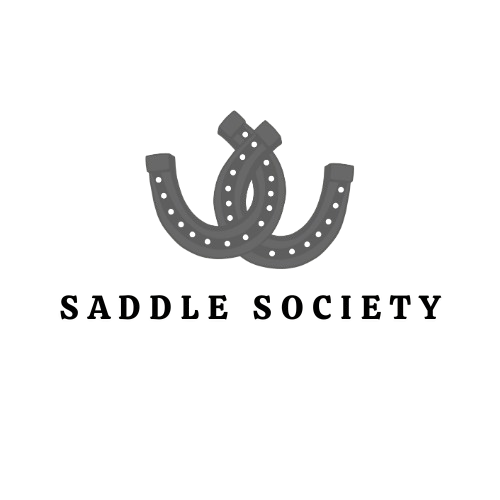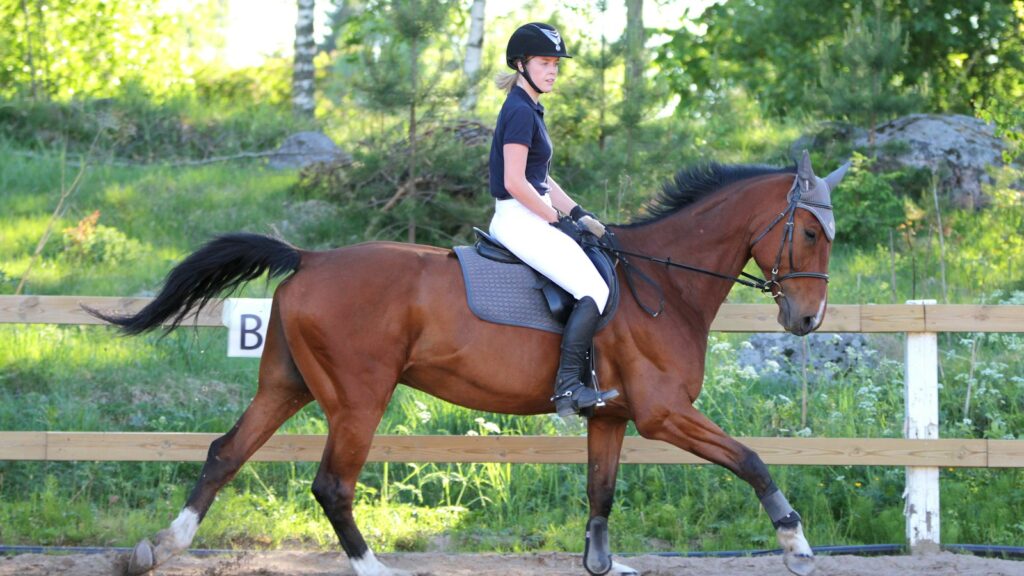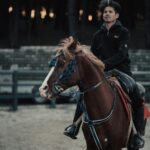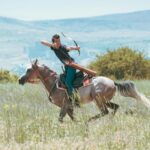The path to success in equestrian sports is rarely traveled alone. Behind nearly every accomplished rider stands a knowledgeable coach who has helped shape their journey. Finding the right equestrian coach can be the difference between stagnation and progression, frustration and fulfillment. This crucial partnership requires careful consideration, as your coach will influence not only your technical skills but also your mindset, confidence, and relationship with your horse. Whether you’re a beginner looking for fundamental guidance or an experienced competitor seeking to refine your abilities, identifying a coach who aligns with your goals, learning style, and personality is essential. The following guide will help you navigate the process of finding the perfect equestrian mentor to elevate your riding career.
Define Your Equestrian Goals
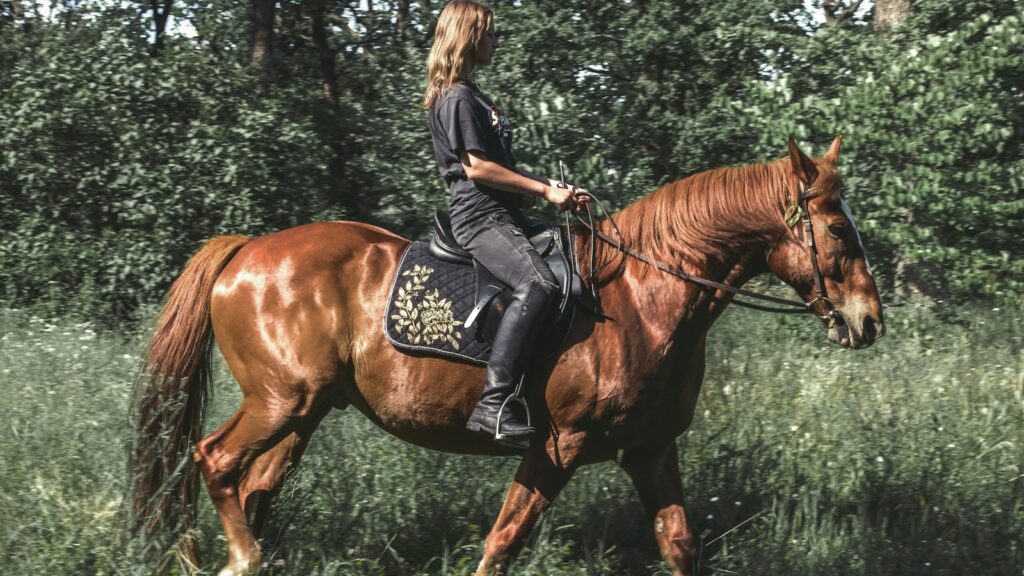
Before beginning your search for a coach, it’s essential to clarify what you hope to achieve in your equestrian career. Are you aiming to compete at high-level events, or are you more interested in improving your recreational riding skills? Perhaps you have a specific discipline in mind, such as dressage, show jumping, eventing, or western riding. Your goals will significantly influence the type of coach you need, as different trainers specialize in various disciplines and levels of competition. Take time to reflect on both your short-term objectives and long-term aspirations, considering factors like the time commitment you can make and your budget. Being honest with yourself about these elements will help you find a coach whose expertise aligns with your vision and can provide appropriate guidance for your journey.
Research Potential Coaches in Your Area
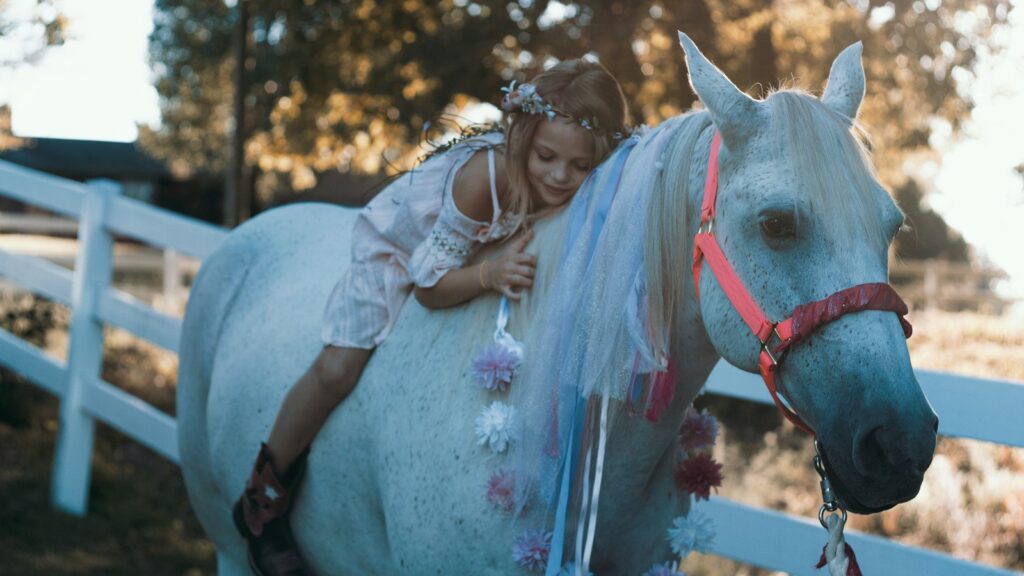
Once you’ve clarified your goals, begin researching coaches in your geographic area who specialize in your discipline of interest. Start by asking for recommendations from fellow riders, local barn managers, or equestrian associations. Online resources like equestrian forums, social media groups, and professional directories can also provide valuable leads. Look for coaches who have established credentials, either through formal certifications from organizations like the United States Equestrian Federation (USEF), British Horse Society (BHS), or through demonstrated competitive success in your chosen discipline. Pay attention to how long they’ve been teaching and whether they continue their own education through clinics and professional development. A comprehensive search will help you create a shortlist of potential coaches who might be a good fit for your needs.
Observe Their Teaching Methods
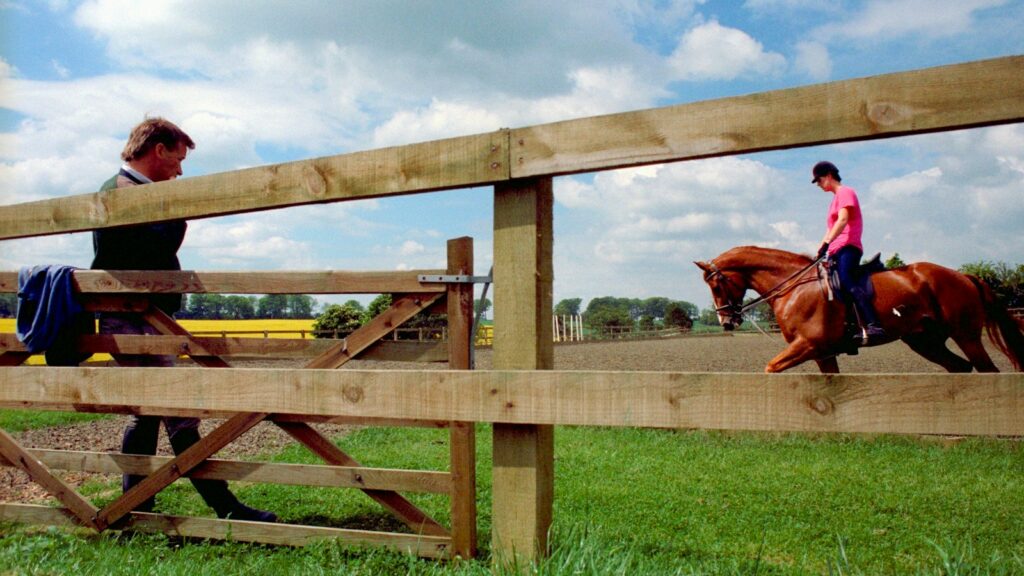
Before committing to lessons with a particular coach, arrange to observe them teaching other students. This firsthand observation will give you valuable insights into their teaching style, communication methods, and general demeanor. Notice how they interact with riders of different ability levels and how they approach corrections—are they patient and encouraging, or do they employ a more direct, critical approach? Pay attention to safety practices and whether they tailor their instruction to individual learning styles or use a one-size-fits-all approach. Many coaches will permit prospective students to audit a lesson or clinic at no charge, giving you the opportunity to assess their methods in action. Remember that even the most accomplished rider isn’t necessarily the best teacher, so focus on their instructional abilities rather than just their riding credentials.
Assess Their Communication Style
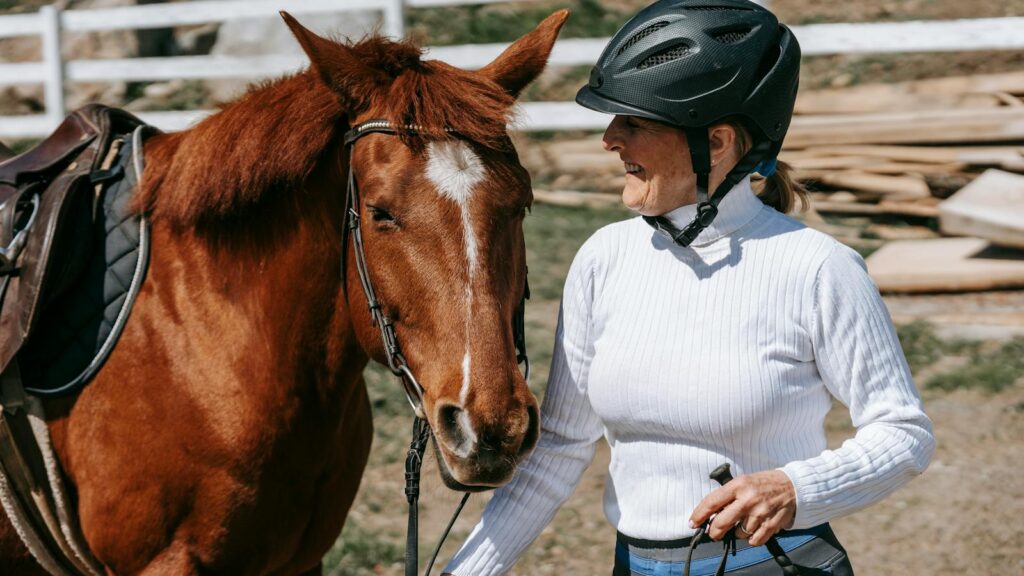
Effective communication is the cornerstone of a successful coach-student relationship in equestrian sports. When evaluating potential coaches, pay close attention to how clearly they convey concepts and whether their communication style resonates with your learning preferences. Some coaches are more visual in their teaching, using demonstrations and metaphors, while others might be more analytical and technical in their explanations. Consider whether you learn better from positive reinforcement or direct criticism, and find a coach whose approach matches your needs. Beyond lesson-specific communication, assess how responsive they are to questions, whether they’re willing to explain the “why” behind their instructions, and if they communicate well about scheduling and other logistics. The right coach should make you feel heard and understood, creating an environment where you’re comfortable asking questions and seeking clarification.
Evaluate Their Experience and Credentials
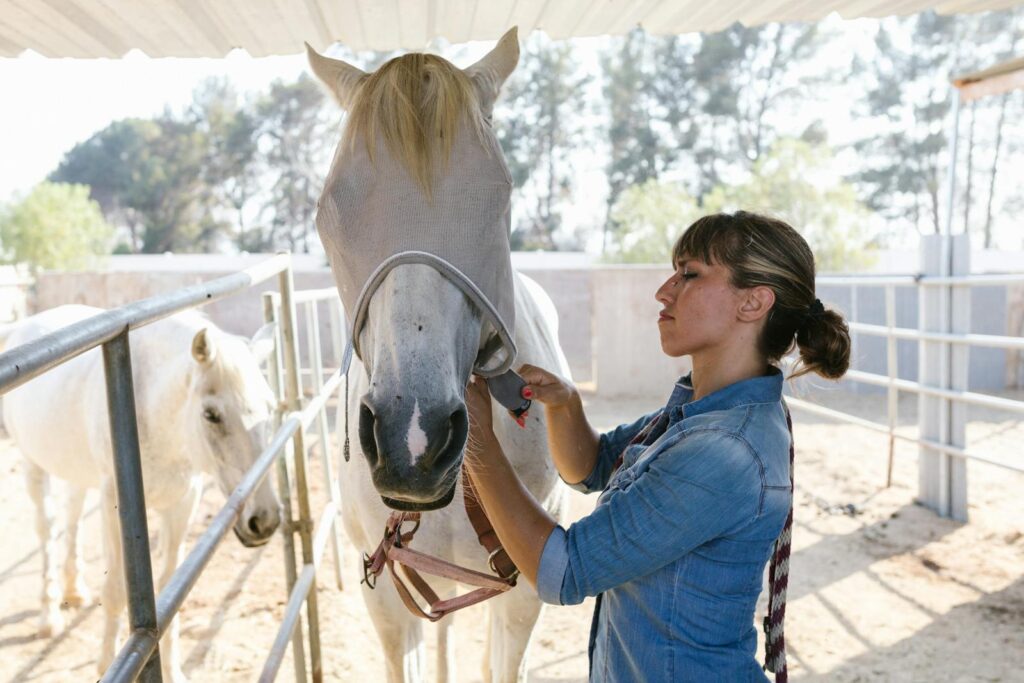
A coach’s background can tell you a lot about their ability to help you reach your equestrian goals. Investigate their competitive history, teaching experience, and formal qualifications relevant to your chosen discipline. Legitimate coaches should be transparent about their credentials and willing to discuss their educational background in equestrian sports. Look for certifications from recognized organizations like the USEF, Certified Horsemanship Association (CHA), or international equivalents that verify their knowledge and teaching abilities. Beyond formal credentials, consider their practical experience—have they produced successful students at the level you aspire to reach? Have they personally competed or trained horses to that level? While impressive credentials don’t guarantee great teaching, they do indicate a certain level of knowledge and dedication to the sport that can benefit your development.
Consider Their Training Philosophy
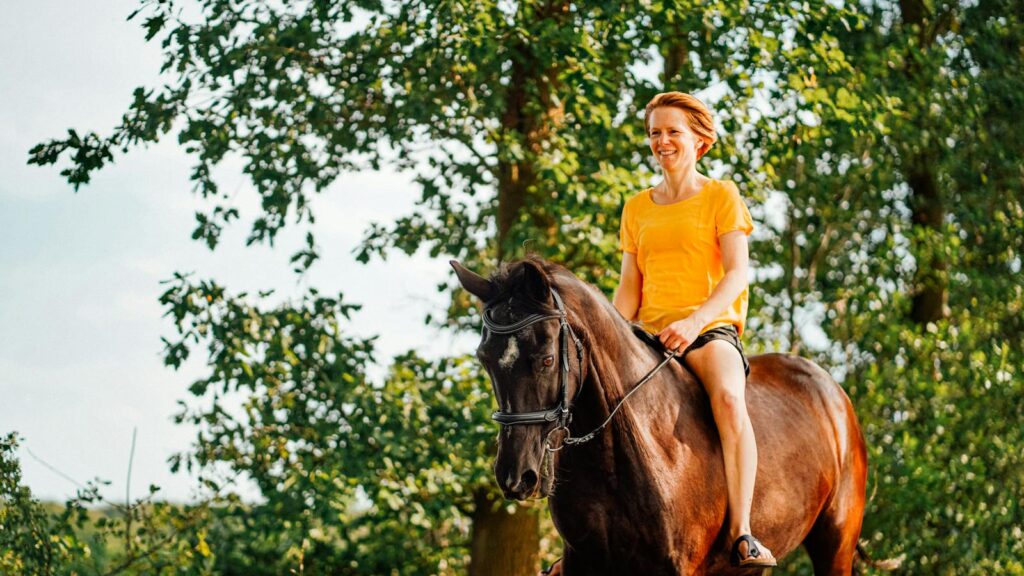
Every coach operates with an underlying training philosophy that influences how they approach horse and rider development. Some emphasize classical principles and systematic progression through established training scales, while others might take a more intuitive or specialized approach. During initial conversations, ask potential coaches to explain their training philosophy and how they typically structure a student’s development. Their philosophy should align with your values regarding horse welfare, training methods, and competitive ethics. Pay attention to whether they adapt their methods to suit different horses and riders or rigidly adhere to a single system regardless of individual needs. A coach whose philosophy respects both the mental and physical well-being of the horse while supporting the rider’s growth will likely provide a more positive and sustainable learning experience.
Schedule a Trial Lesson
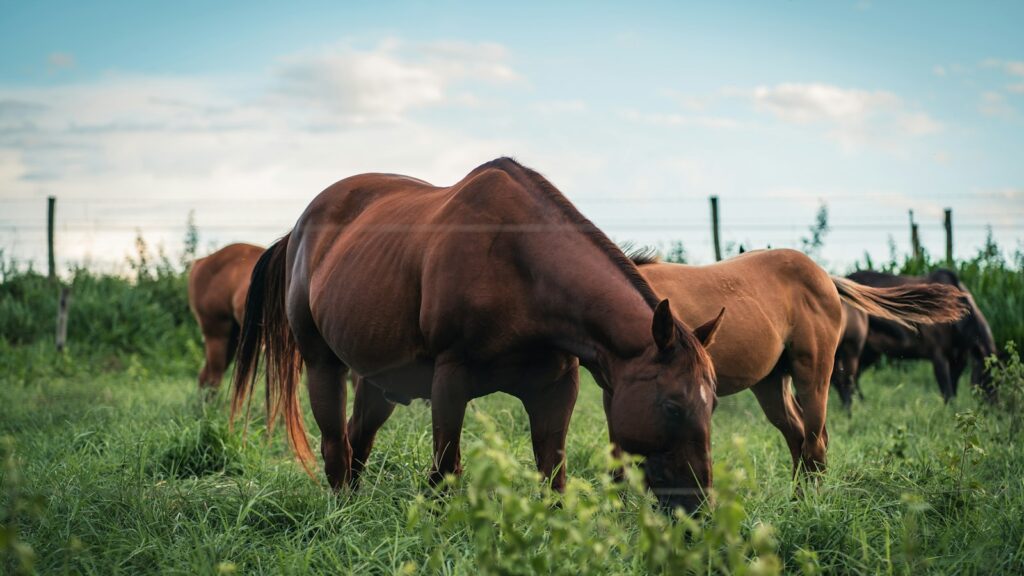
After narrowing down your list of potential coaches, arrange a trial lesson with each of your top candidates. This hands-on experience is invaluable for assessing compatibility and effectiveness in a way that observation alone cannot provide. During the trial lesson, notice how the coach evaluates your current abilities, sets realistic expectations, and structures the session to address your needs. Pay attention to whether you feel challenged yet supported, and whether their explanations make sense to you personally. Consider how you feel after the lesson—are you inspired and motivated, or confused and discouraged? Your instinctive response to their teaching style can be a powerful indicator of future compatibility. Most reputable coaches understand the importance of this trial period and will be open to providing an introductory lesson before committing to a longer-term arrangement.
Discuss Goals and Expectations

Clear communication about goals and expectations is crucial when establishing a new coaching relationship. Schedule a conversation with potential coaches to discuss your aspirations in detail, and listen carefully to their assessment of how realistic these goals are given your current level, horse, and available resources. A good coach will be honest about what they believe you can achieve and the timeline involved, rather than making unrealistic promises. Ask about their expectations regarding lesson frequency, practice between sessions, and potential participation in clinics or competitions. Discuss practical matters such as their availability, cancellation policies, and whether they provide instructional support outside of formal lessons. This conversation should leave you with a clear understanding of how the coaching relationship would function and whether the coach’s vision for your development aligns with your own.
Consider Compatibility with Your Horse
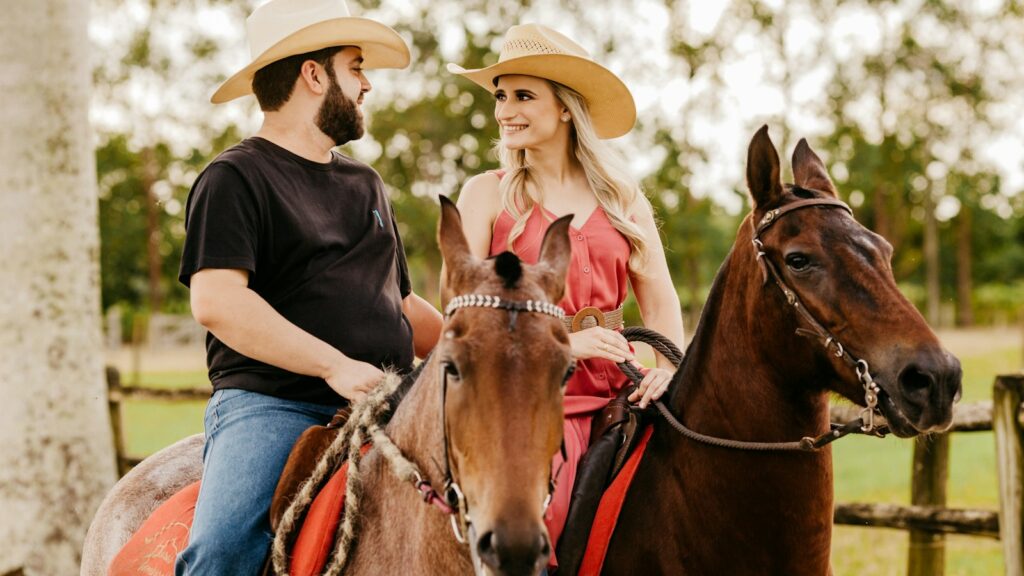
The ideal coach for your equestrian journey should work effectively not just with you, but also with your equine partner. Different horses respond to various training approaches based on their temperament, experience, and physical capabilities. Observe how potential coaches interact with your horse during trial lessons—do they take time to understand the animal’s personality and adjust their approach accordingly? A good coach will respect your horse’s limitations while helping both of you progress, rather than pushing for results that might compromise the horse’s welfare or confidence. They should be able to address the specific challenges your horse presents and help strengthen your partnership through appropriate exercises and communication techniques. Even the most skilled technical coach may not be right for you if their methods don’t suit your particular horse’s needs and learning style.
Ask About Their Student Success Stories
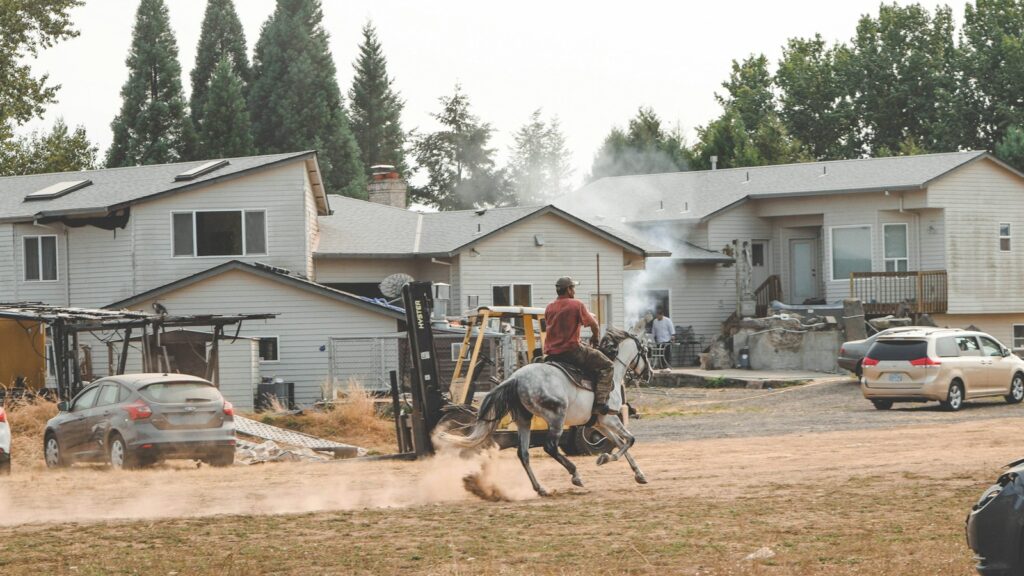
A coach’s track record with previous and current students can provide valuable insights into their effectiveness and teaching approach. Ask potential coaches about their student success stories, focusing not only on competitive achievements but also on progress made by riders with goals similar to yours. Reputable coaches should be able to provide examples of how they’ve helped students overcome specific challenges or reach meaningful milestones. If possible, speak directly with current or former students to get their perspective on the coach’s strengths and weaknesses. Pay attention to whether the coach takes credit for their students’ successes and how they handle setbacks or slower progress. The best coaches celebrate their students’ achievements while taking responsibility for helping them through difficulties, creating an environment where both successes and challenges become valuable learning opportunities.
Evaluate Facility and Logistics

Practical considerations can significantly impact your training experience and should factor into your coach selection process. Evaluate the facilities where lessons would take place, considering factors like arena quality, footing, available equipment, and overall safety standards. If the coach travels to your facility, discuss how this arrangement would work and whether your venue meets their requirements for effective teaching. Consider the commuting distance and how it fits into your schedule and budget over the long term. Ask about lesson scheduling flexibility, particularly if you have work or school commitments that might conflict with regular training times. Additional logistical factors to consider include whether the coach offers group lessons or clinics that might supplement your individual training, and if they’re willing to attend competitions with you for coaching support. These practical elements can make the difference between a sustainable coaching relationship and one that becomes too difficult to maintain.
Consider the Financial Investment
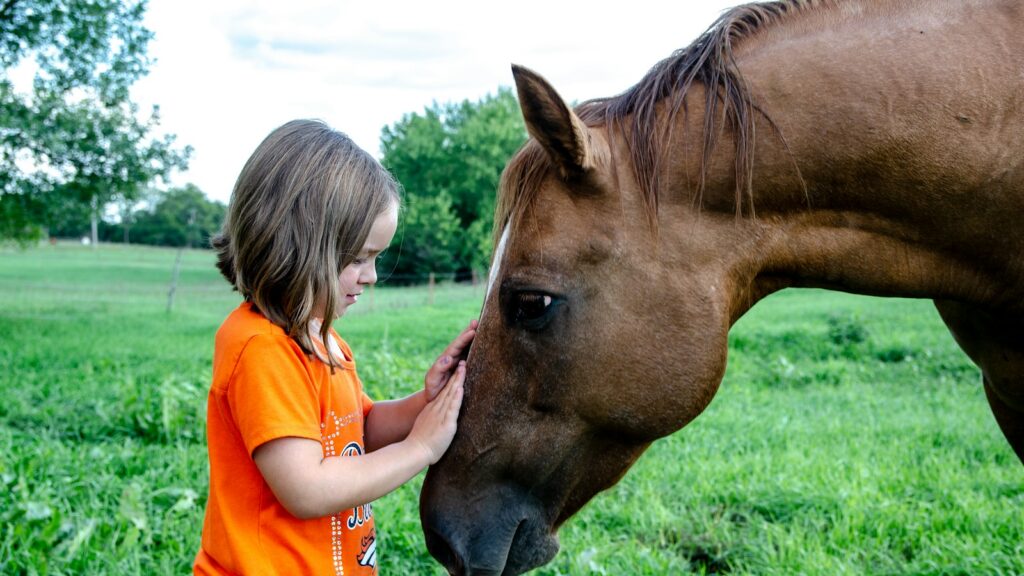
Equestrian coaching represents a significant financial investment, and understanding the full cost implications is essential before making a commitment. Beyond the basic lesson fee, inquire about additional expenses such as travel charges, competition coaching fees, cancellation penalties, or required membership in particular organizations. Some coaches offer package deals or discounted rates for multiple lessons booked in advance, which might provide better value over time. Consider how the coach’s rates compare to others with similar qualifications in your area, while remembering that the least expensive option isn’t always the best value if the quality of instruction is compromised. Be honest with yourself about what you can realistically afford on an ongoing basis, as consistency in training is crucial for progress. A transparent discussion about finances early in the relationship can prevent misunderstandings and ensure you can sustain the training program long enough to see meaningful results.
Trust Your Instincts

After gathering information, observing lessons, and conducting trials, one of the most valuable tools in your decision-making process is your own intuition. The coach-student relationship in equestrian sports is intensely personal and often long-term, requiring a foundation of mutual respect and trust. Pay attention to how you feel in the coach’s presence—do you feel inspired, supported, and valued, or anxious, inadequate, or dismissed? Consider whether their personality complements yours and if you can envision working through both successes and setbacks together. Even a highly qualified coach with an impressive track record might not be right for you if there’s a fundamental personality clash or communication barrier. Remember that effective learning happens in an environment where you feel psychologically safe to make mistakes and ask questions. Trust your instincts about whether a particular coach creates this type of supportive atmosphere for your development.
Be Willing to Reassess When Necessary
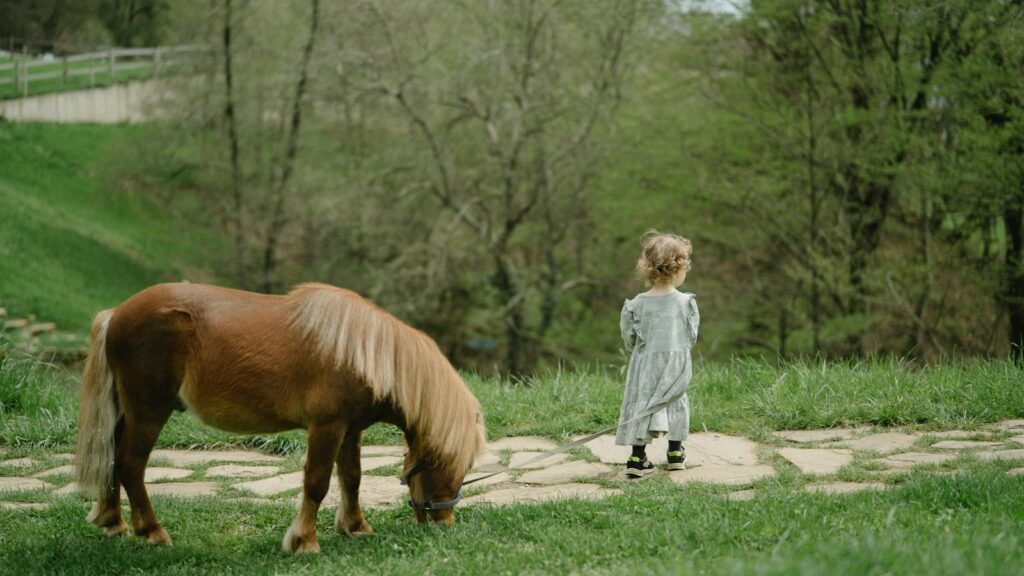
Finding the right equestrian coach is rarely a one-time decision but rather an evolving process that may require reassessment as your skills, goals, and circumstances change. Even the most perfect coaching match initially may not remain ideal throughout your entire equestrian journey. Establish regular check-in points to evaluate your progress and satisfaction with the coaching relationship, perhaps every six months or after achieving significant milestones. Be honest with yourself about whether you’re continuing to learn and grow under their guidance, or if you’ve reached a plateau that might benefit from a fresh perspective. Most professional coaches understand that students sometimes need different expertise as they advance and should be supportive if you decide to move on. Maintaining an open mind about your training needs demonstrates a commitment to your own development and ensures that your equestrian education continues to evolve appropriately as you progress through different stages of your riding career.
Finding Your Ideal Equestrian Coach
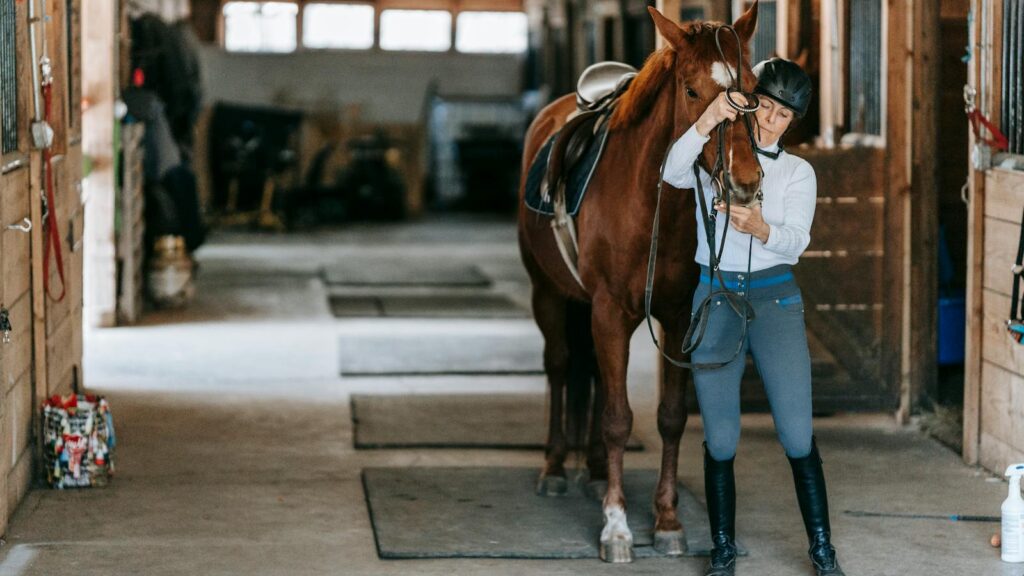
The journey to finding the perfect equestrian coach requires patience, research, and self-awareness. Remember that this relationship will significantly influence not only your technical riding abilities but also your enjoyment of the sport and relationship with your horse. Taking the time to find a coach who aligns with your goals, values, and learning style is an investment in your equestrian future. While the search process may seem daunting, the reward of finding a mentor who truly understands and supports your aspirations makes the effort worthwhile. The right coach becomes not just an instructor but a trusted advisor, confidence builder, and sometimes even a friend who shares your passion for horses and commitment to excellence. With careful consideration of the factors outlined above, you’ll be well-equipped to find a coach who can help transform your equestrian dreams into reality.
